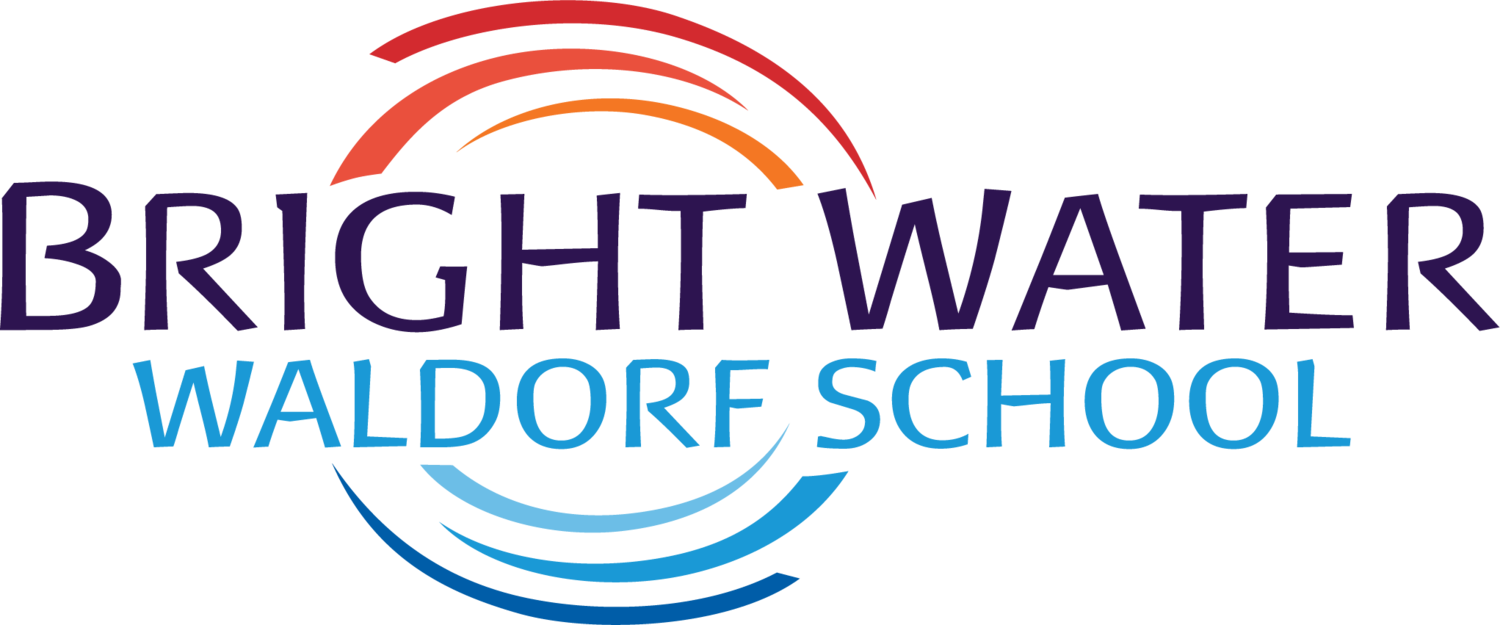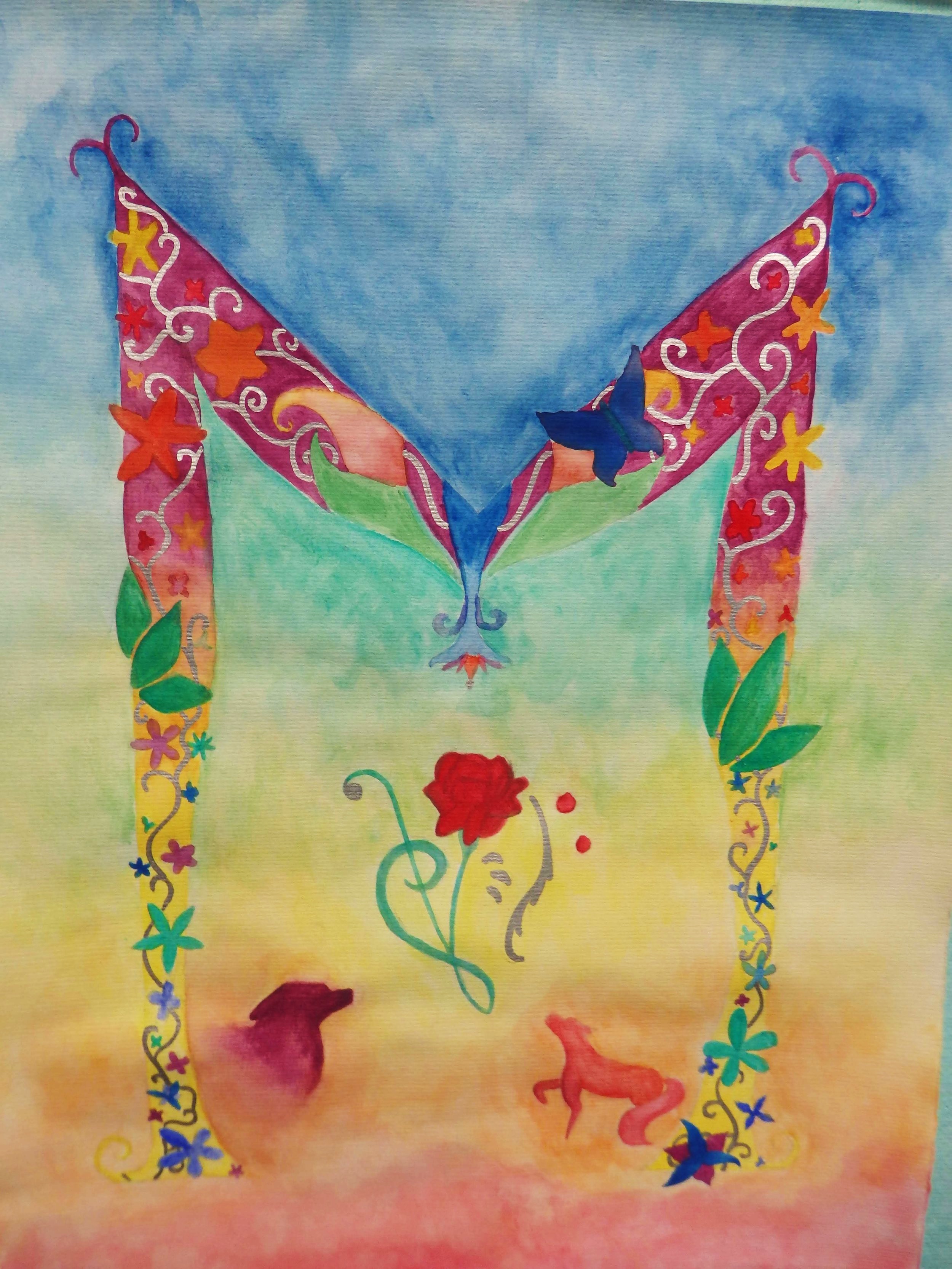Academics, Art and Practical Activities
“Our highest endeavor must be to develop free human beings who are able of themselves to impart purpose and direction to their lives. The need for imagination, a sense of truth, and a feeling of responsibility- these three forces are the very nerve of education.”
The Waldorf pedagogy balances academic, artistic, and practical activities. It develops the child’s self-confidence and self-reliance, while fostering personal integrity and a sense of social and environmental responsibility. The curriculum is crafted as an intentional journey to inspire morality through the cultivation of gratitude, reverence, and love for the world.
The heart of the Waldorf philosophy is the belief that education must meet the child as the child grows and matures:
The very young child learns best through play and imitation.
The young grade school child learns best through the realm of the feelings and senses. Continuing to nurture the imagination is essential.
The adolescent learns through the development of the independent intellect and is ready and willing to apply critical judgment to their own thinking. The healthy imagination nurtured in the early years is instrumental in fostering these critical thinking skills.
Faculty are thoroughly trained in the methodology specific to Waldorf schools. Families who visit a Waldorf school for the first time are often surprised at the way teachers and students engage with each other in the classroom environment. Curiosity and intellectual and artistic creativity are highly valued. Waldorf teachers approach their students with enthusiasm and respect for the emerging individual in each child. As a Waldorf school proudly based in Seattle, WA, Bright Water Waldorf School enthusiastically employs the educational methodologies developed by Rudolf Steiner.
“The beauty of Waldorf education is that it keeps children intact until they are ready to move out into the world as whole individuals.”


